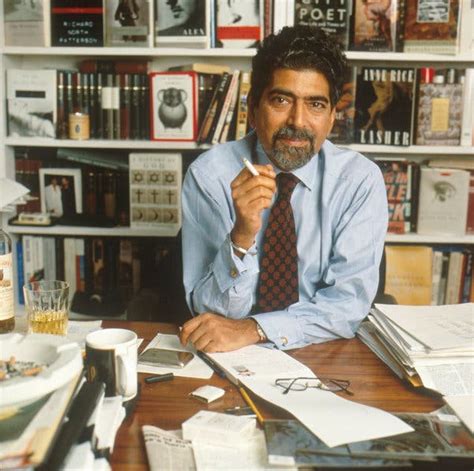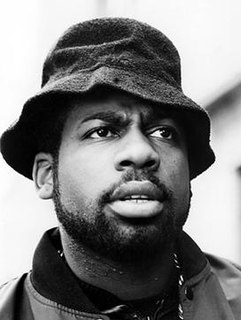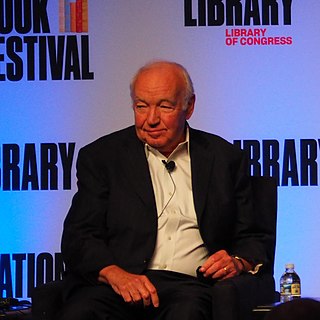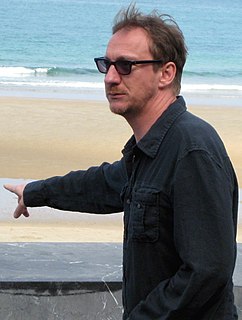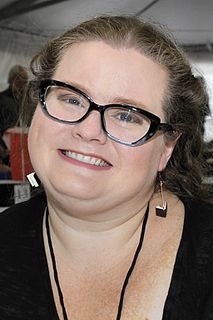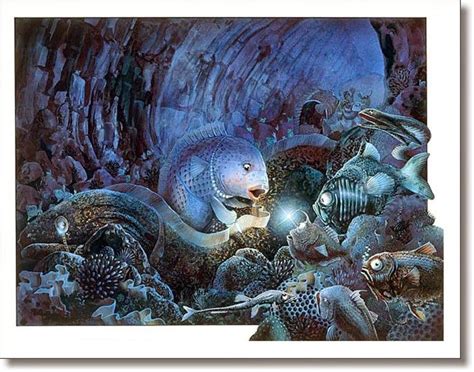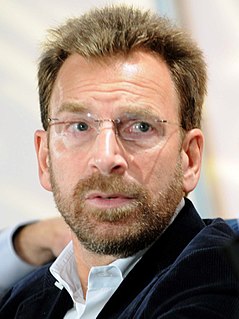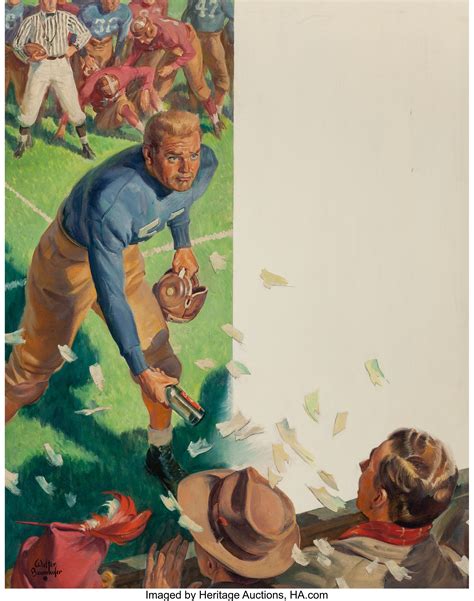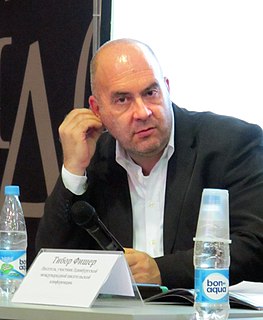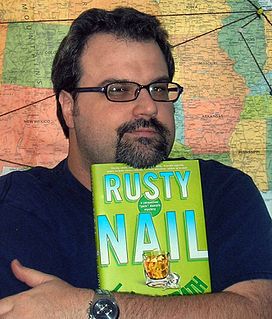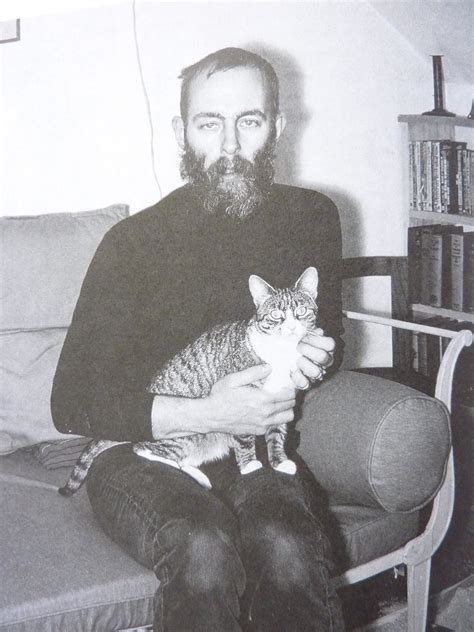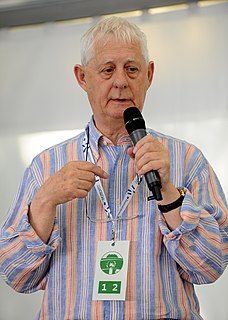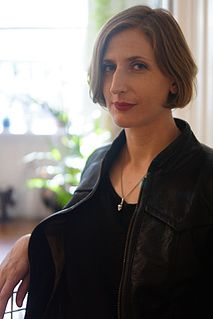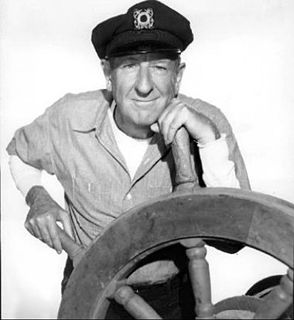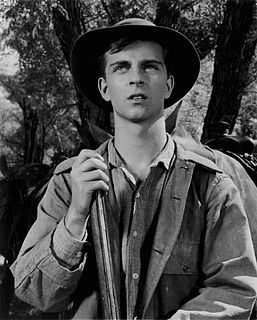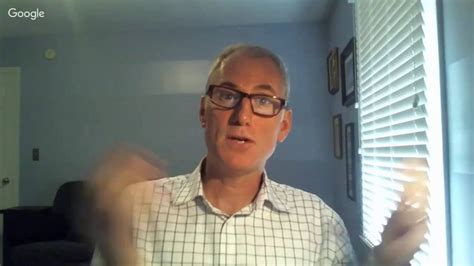Top 1200 Book Publishing Quotes & Sayings - Page 2
Explore popular Book Publishing quotes.
Last updated on April 16, 2025.
You can never read your own book with the innocent anticipation that comes with that first delicious page of a new book, because you wrote the thing. You've been backstage. You've seen how the rabbits were smuggled into the hat. Therefore ask a reading friend or two to look at it before you give it to anyone in the publishing business. This friend should not be someone with whom you have a romantic relationship, unless you want to break up.
I wrote a book. It sucked. I wrote nine more books. They sucked, too. Meanwhile, I read every single thing I could find on publishing and writing, went to conferences, joined professional organizations, hooked up with fellow writers in critique groups, and didn't give up. Then I wrote one more book.
Publishing a book is a great thing, and I'm grateful, but it's also a horrible, exposing thing. Once you've published a book, you never write quite as freely again. You're aware, from that point onward, of the kinds of things critics might say about it. You're aware of the kinds of things your publishers might like and dislike about it. You're half-aware of marketing strategies - of all the stuff around the book. Whereas with your very first piece of fiction, if you're lucky, those things barely occur to you at all.
First one gets works of art, then criticism of them, then criticism of the criticism, and, finally, a book on The Literary Situation , a book which tells you all about writers, critics, publishing, paperbacked books, the tendencies of the (literary) time, what sells and how much, what writers wear and drink and want, what their wives wear and drink and want, and so on.
We are interested in stifling the sale of this book. We believe that this can be best accomplished by refusing to be stampeded into giving it publicity...The less discussion there is concerning it the more sales resistance will be created. We therefore appeal to you to refrain from comment on this book...It is our conviction that a general compliance with this request will sound the warning to other publishing houses against engaging in this type of venture. (Signed) Richard E. Gutstadt, Director.
If I had followed my own rules - if I had eaten my own dog food - I would have created a digital book that is searchable and linkable, that can be corrected and updated and discussed and passed around. But I took my publisher's advance money. Hey, dog's gotta eat. The book publishing industry still works - for now - because it adds value with editing, promotion, sales, and cash.
Publishing is the only industry I can think of where most of the employees spend most of their time stating with great self-assurance that they don't know how to do their jobs. "I don't know how to sell this," they explain, frowning, as though it's your fault. "I don't know how to package this. I don't know what the market is for this book. I don't know how we're going to draw attention to this." In most occupations, people try to hide their incompetence; only in publishing is it flaunted as though it were the chief qualification for the job.
